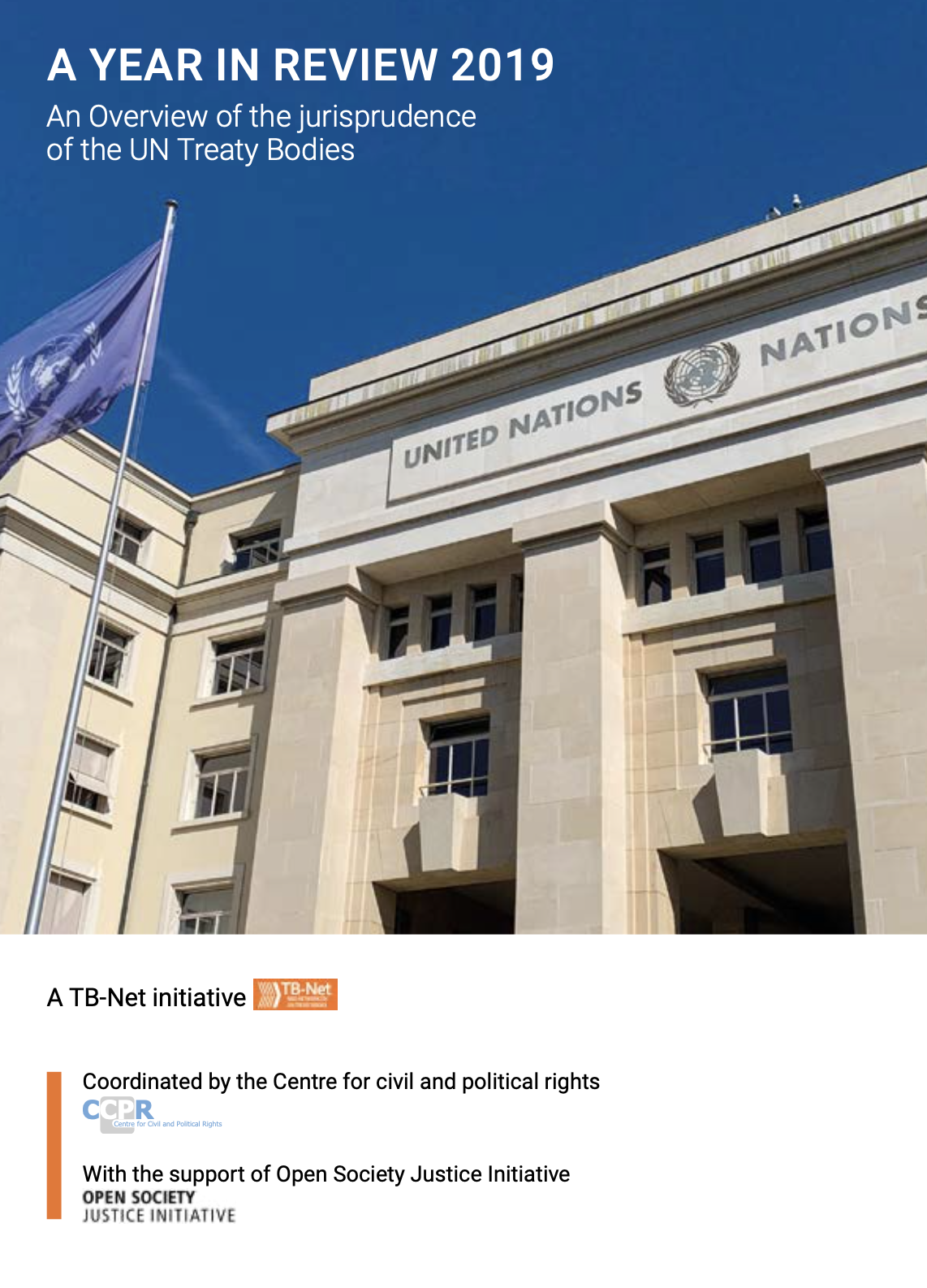Strengthening the UN Treaty Body System
The economic, social and cultural rights (ESCR) framework, with its binding legal norms and insistence on accountability and access to justice, offers a powerful avenue to challenge social and economic injustice and inequality. National, regional and international ESCR monitoring and accountability systems can be powerful tools for people to voice their demands and seek accountability of powerful actors. For the human rights framework and monitoring and accountability system to be effective for addressing these issues, they must be strong, accessible and responsive to contemporary ESCR struggles and the demands of rights holders. ESCR mechanisms must be open and accessible for the meaningful participation of all ESCR defenders.
GI-ESCR works to ensure strong and effective ESCR mechanisms that have sufficient resources, strong and independent membership, and the credibility to acquit their important mandates. It also seek to address the under-representation and misunderstandings of ESCR by demystifying and promoting ESCR to States and policy-makers.
GI-ESCR’s work to strengthen the UN Treaty Body system is often carried out as a member of the Network on UN Treaty Bodies (TB-Net), a group of NGOs dedicated to increasing the effectiveness and accountability of the human rights system.
On this page, you can find information on:
Online Sessions as a Response to Coronavirus
The coronavirus pandemic has had a significant impact on the activities of the UN Treaty Bodies, leading to the postponement, cancellation and scaling-down of nearly all sessions scheduled for 2020. Working with TB-Net, GI-ESCR has sought to promote online State reviews and ensure that a human rights accountability gap does not develop. TB-Net engagement in this context may be found on the right →
THE 2020 TREATY BODY REVIEW
The 2020 Review of the UN Human Rights Treaty Body system was an inter-governmental process mandated by General Assembly resolution 68/268 on Treaty Body strengthening, which had recommended that a number of reforms be implemented. The 2020 Review was tasked with assessing the measures taken to improve the Treaty Body system and deciding what further action was needed to ensure its effective functioning.
The Review provided an opportunity for States, NGOs, experts and other stakeholders to propose ways to improve the functioning of the Treaty Bodies. Unfortunately not all proposals made by stakeholders in the Review process were genuinely directed at improving the Treaty Bodies and some sought to undermine their effective scrutiny of States. Civil society engaged in the process to highlight their own perspectives, propose reforms, and counter hostile proposals.
The Review formally concluded in September with a report by the Co-Facilitators of the process. The attention of civil society now turns to ensuring that promising recommendations - including those proposed by civil society - are implemented. Information on TB-Net engagement with the Review process may be found on the right →
Yearbook on the Jurisprudence of UN Human Rights Treaty Bodies
TB-Net publishes an annual yearbook on the jurisprudence of the UN Human Rights Treaty Bodies. The Centre for Civil and Political Rights coordinates the project, which provides a useful summary of important cases from across each of the Human Rights Treaty Bodies, identifies each Treaty Body’s central issues of concern, and explores common themes across the system. In the most recent edition, GI-ESCR contributed information on the decisions of the UN Committee on Economic, Social and Cultural Rights.
The TB-Net Yearbook is available in English, French and Spanish. The latest edition may be accessed on the right →











